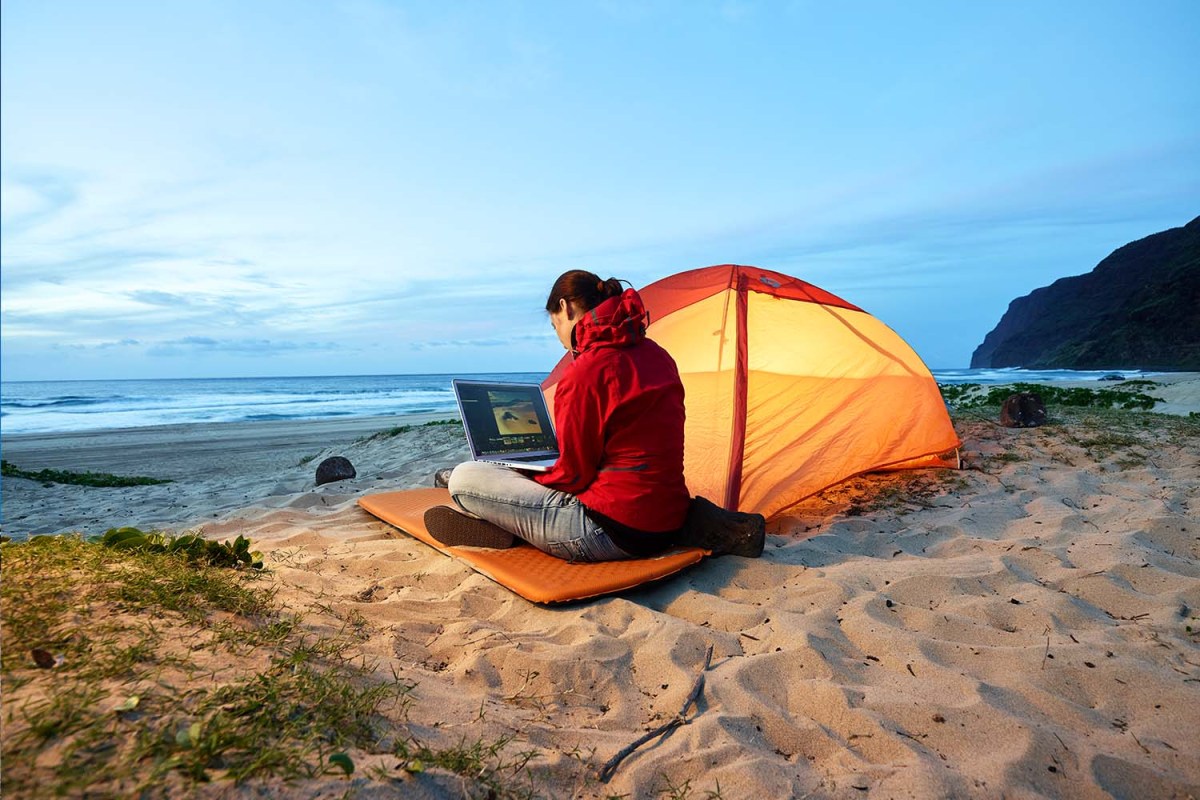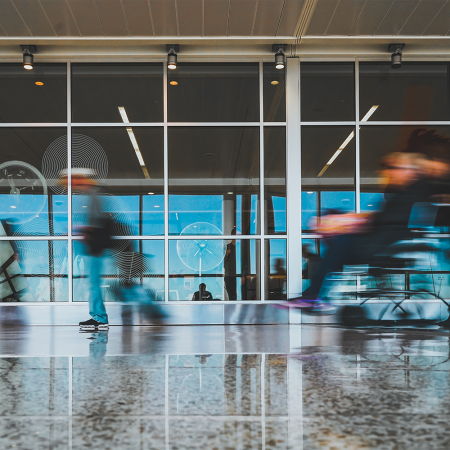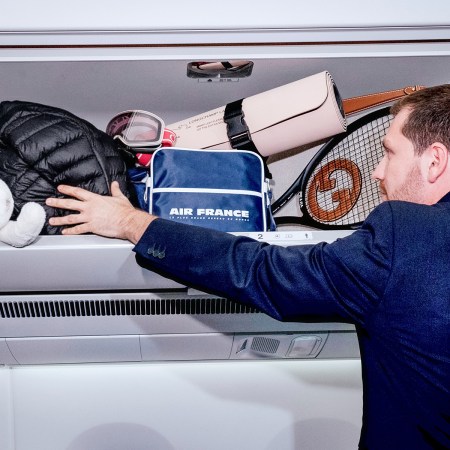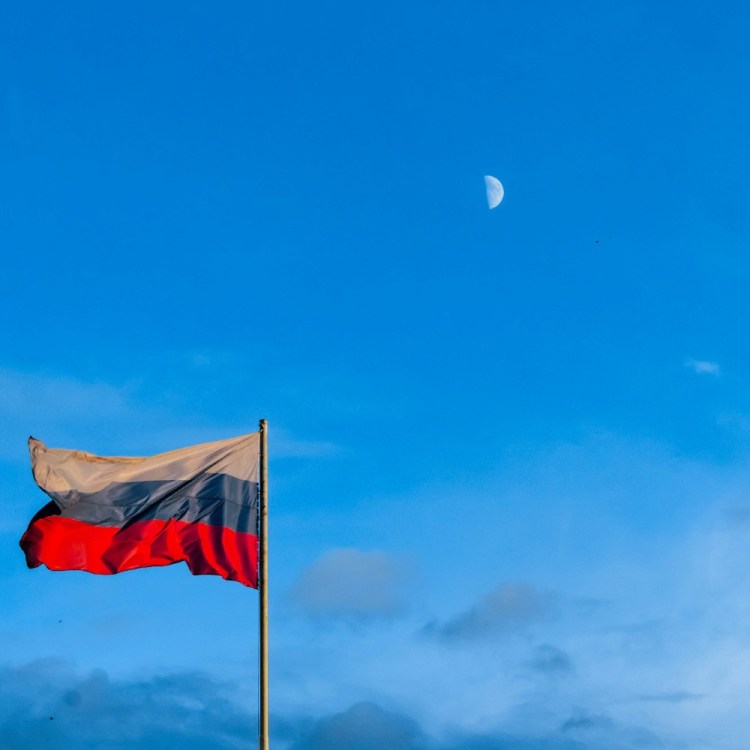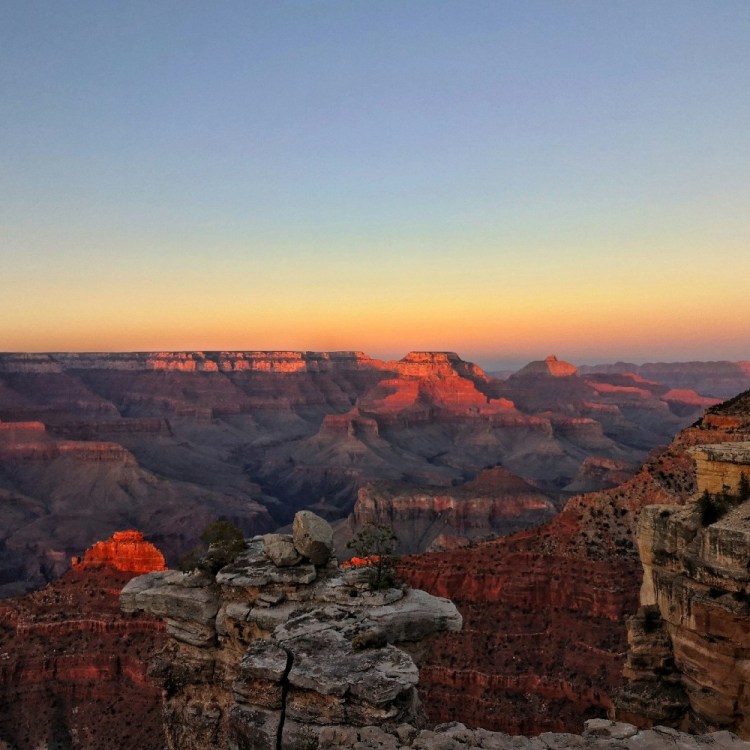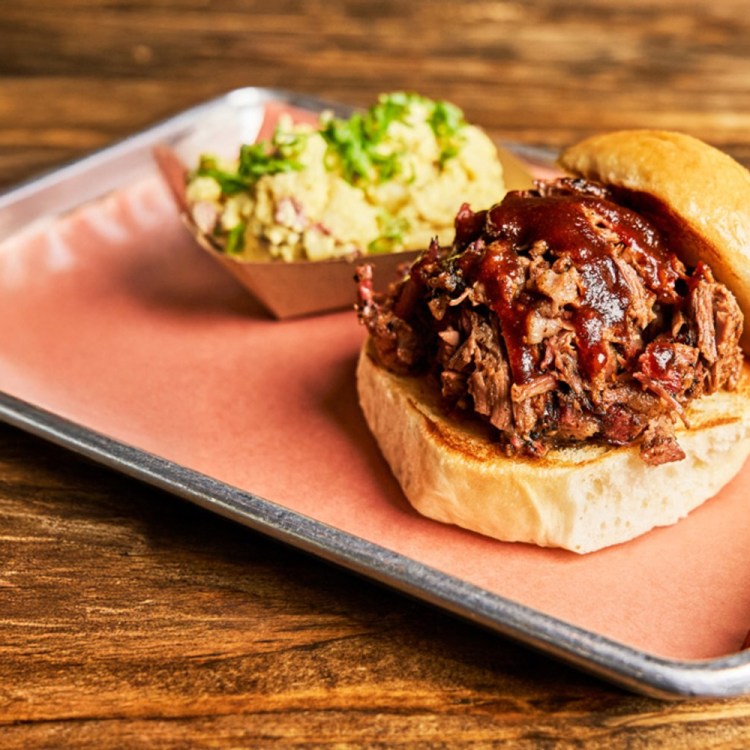Pay-Cation. It’s the latest buzz word the travel industry is peddling to describe the trend that is essentially working whilst on vacation and apparently all the rage among Millennials and Gen Zers.
Now you, a discerning consumer of travel news, might be asking, “Well, what’s the difference between a ‘pay-cation’ and, say, bleisure?” Well, I — a millennial — am here to tell you.
And the answer is…not all that much.
For the uninitiated, bleisure is a method of combining business travel with leisure time while abroad. It’s a term that was actually coined in the early aughts by a trend analyst for British think tank The Future Laboratory. “Bleisure” as a perk was gaining momentum far prior to the pandemic — even then among younger generations, but also those with limited vacation time — but, as a result of the rise in remote work, it especially gained steam afterward. In short, it’s a work trip with a few vacation days tacked on at the end that “leans heavily on convenience, instead of aspiration.”
Pay-cation, however, involves working on vacation, thus requiring no real “time off” at all. And while there’s certainly an element of convenience at play, I would argue that pay-cations actually lean more so on aspiration, as evidenced by Allianz Partners’ 15th Annual Vacation Confidence Index study, which found that the most likely pay-cationers are also prioritizing wellness travel and solo travel.
What the Hell Is a ‘Bleisure’ Trip?
Millennials swear by it, and you should, too“Younger Americans who spent the early years of their career during the work-from-home era in the pandemic are re-shaping our preferences for the way we work and travel,” said Daniel Durazo, director of external communications at Allianz Partners USA. “While some companies have already returned to in-person work, our findings clearly show that a healthy balance of work and play is here to stay, and prioritizing self-care is going to impact the way Americans view travel and time off the clock.”
It’s easy to see the appeal, and three in 10 Americans, primarily between the ages of 18-34, will wind up working remotely from a vacation destination in 2023. That said, pay-cations are not vacations and I fear that conflating the two could have dyer consequences for the latter. Having the opportunity to travel without dipping into the PTO reserve is priceless, sure, but if you can work from anywhere, what’s the incentive to not work?
The fact is, vacation proper is important. It’s good for not only the preservation of employee health — both mental and physical — which can lead to higher retention rates, but also for recognizing potential and developing other team members. There are so many benefits to taking time off from work, and so much readily available scientific evidence supporting that sentiment, that it’s disconcerting that we’re still working to strike a balance where vacation is involved.
All of this to say: the continued rise in unconventional brands of travel, like bleisure and pay-cation, point to a definitive shift in priorities in younger generations, which is, in theory, good news…so long as everyone remembers to take just a regular old vacation from time to time.
Thanks for reading InsideHook. Sign up for our daily newsletter and be in the know.
